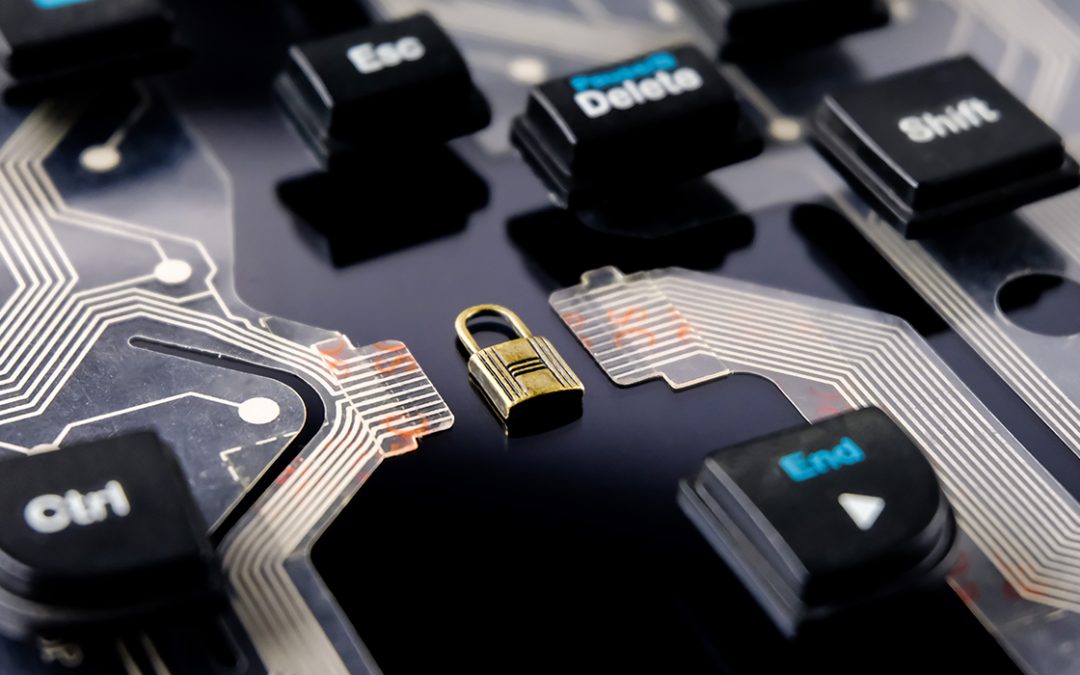It’s crazy to think how much we rely on the internet these days. This is why cyber security is such a core part of a business. Our cyber security guide will cover the importance of keeping your IT systems protected.
Data and cyber security
Industries such as health care, police, government, and other private sectors all collect, process and store data as part of their daily tasks.
However, storing this much data can actually make you more vulnerable. Even with some of the best cyber security in place.
The biggest reason for this is simply that data is precious, and essential to a business’s operations. This is why data is a huge target for cyber criminals.
In some of the industries that we outlined earlier, the type of information that they store is often kept top secret and confidential. However, you will notice that it isn’t often that their data suffers a leak or a cyber attack.
This is all possible through excellent cyber security processes and practices in place that do not allow for vulnerabilities that cyber criminals can exploit.
What is cyber security?
Firstly, when we talk about cyber security, we are referring to the practice of maintaining the security of your IT. This includes the protection of data, devices, networks, programs and systems against malicious cyber attacks.
Good cyber security practice involves a multi-strategy with several layers of protection in place. Therefore resulting in an effective line of cyber defence.
The key for a cyber attacker is to snatch your data and either hold it for ransom or damage/ destroy it. Your role to combat this danger is to ensure that as your business grows and evolves, so does your cyber security.
There are many ways that cyber criminals attack a business. These threats can be phishing, malware, ransomware and more. Ensure that your cyber security strategy covers all kinds of cyber attacks and is well protected in the event of one.
What are the types of cyber security?
When we talk about cyber security as a whole is a broad term. However, there are core areas that it can be broken down into which we will take you through.
Network Security
Network security is designed to protect your network against cyber threats through a strategic defensive approach. Some of the processes within your network strategy can be firewalls, VPN and two-factor authentication.
Internet of Things (IoT) Security
You may have seen that we have previously written a blog all about the Internet of Things, you can read it here.
Essentially, this type of security looks at protecting any device that you are using and has the ability to connect to the internet. This can be a coffee machine, baby monitor, TV, security camera and more.
It is so important to ensure that these devices have a form of cyber security enabled. This is because it still collects and stores private information about you.
There have been reports in the past where devices such as baby monitors have been breached or other household devices that you wouldn’t normally think to secure.
Cloud Security
Over the recent years, we have seen an influx of businesses moving over to the cloud. Therefore, cloud security is still generally a recent form of cyber security.
Cloud security uses a range of technologies, controls and policies to protect the cloud infrastructure against cyber threats. Most cloud providers already have a line of defence available on their servers.
How do you keep your business cyber secure?
Generally speaking, anything that has any sort of access to the internet or network is at risk of being breached or hacked. Cyber criminals do not just target large corporations, any business is at risk if they have valuable data that can be exploited.
Unfortunately, there isn’t one simple process that you can adopt to your business in order to keep it cyber secure. A cyber security guide will advise you to have a good mixture of different processes that all work towards keeping your IT secure, whilst reducing the risk of potential breaches.
Processes to consider adopting to increase your cyber security:
- Firewalls
- VPN
- Antivirus software
- Two-factor authentication
- User access control
It’s important to remember that just having these processes in place will not guarantee that your business will be adequately cyber secure.
You will also need to evaluate your internal processes and habits. Your workforce operates your business and just as much it can bring success to your company, they can easily put it at risk too with bad cyber security practices.
In addition to a cyber security guide and strategy, we highly recommend having regular cyber security training with your team. These sessions are designed to provide an educational presentation to your employees. It will cover the do’s and don’ts when it comes to keeping your business secure.
With our workshops, we also perform real-time tests to see how your employees would react if an attempted phishing attack was to be attempted on your business. For more information on cyber security training, visit our service page here.

